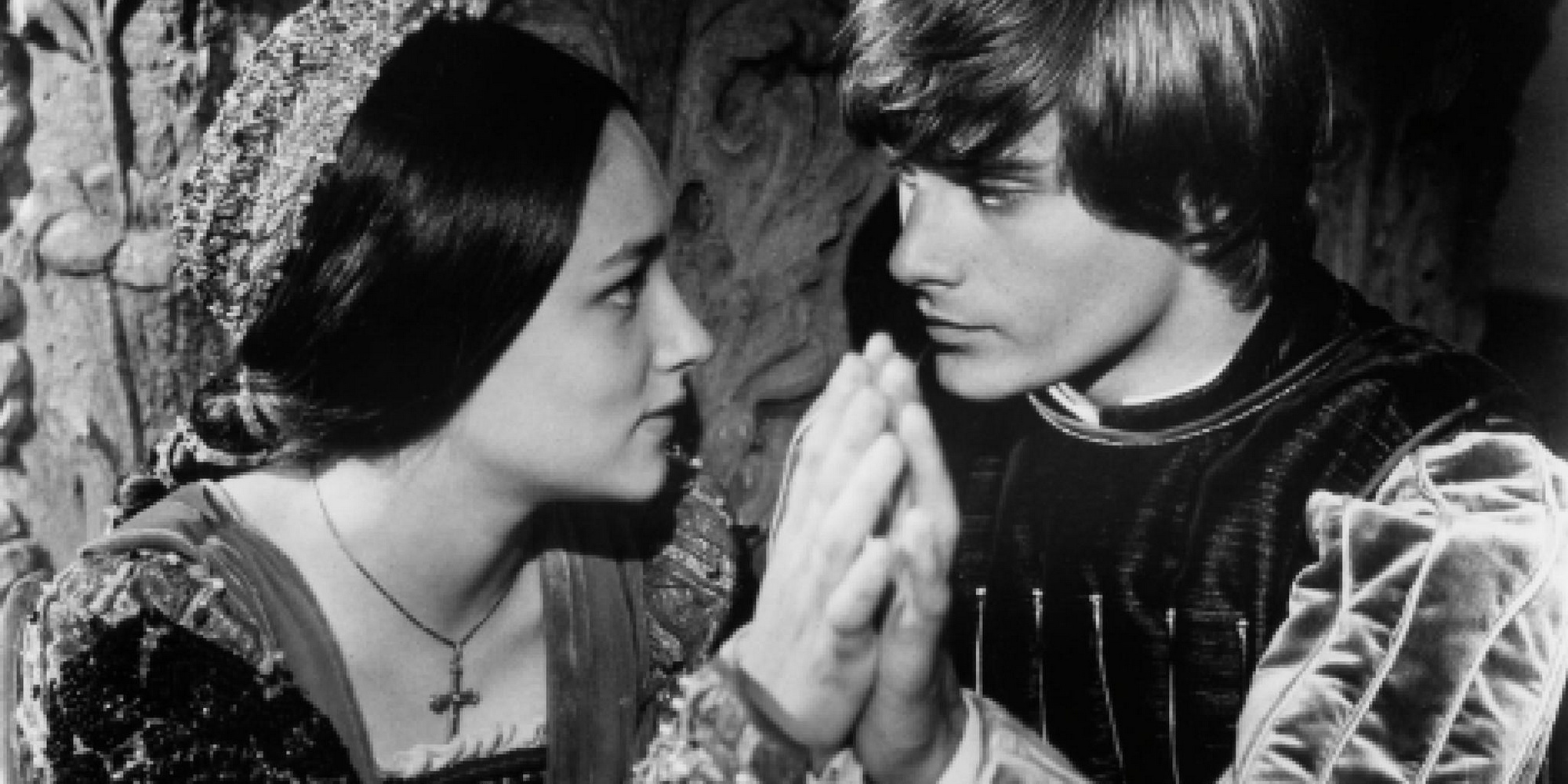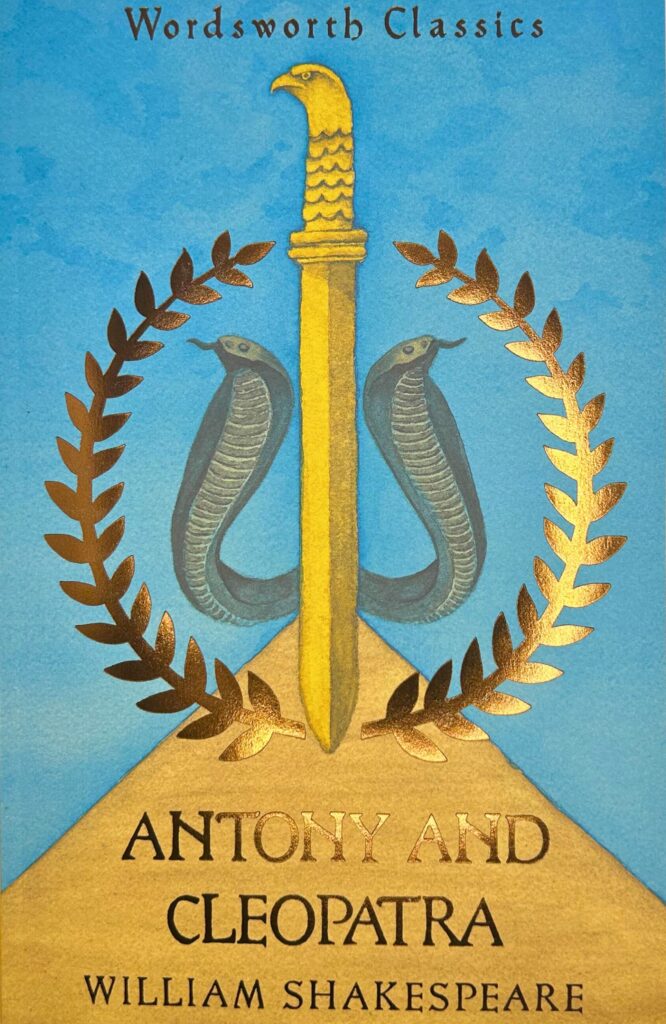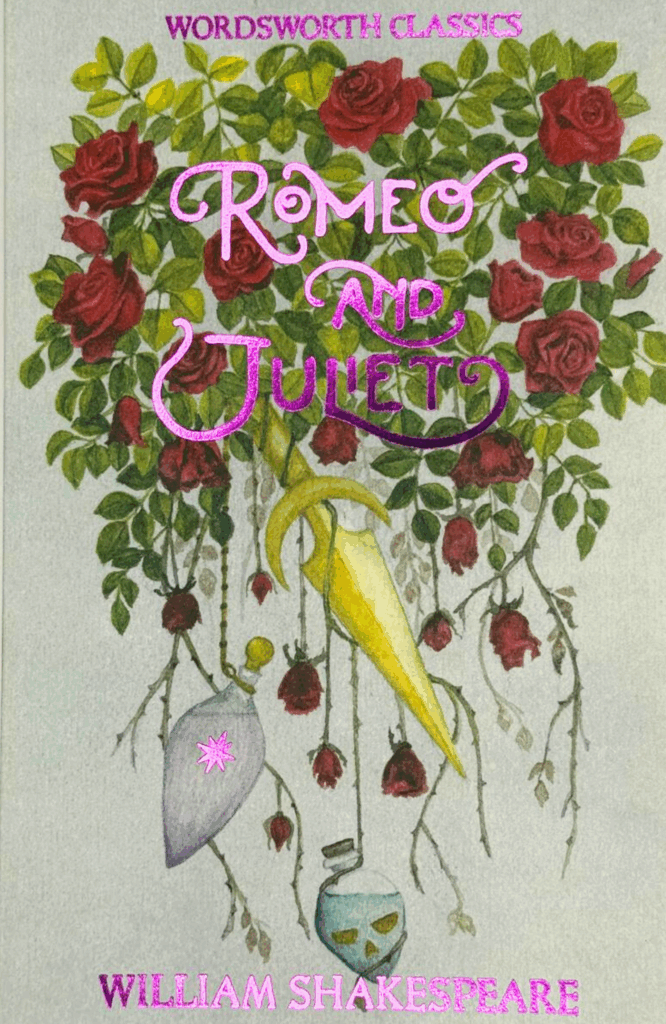
Feminist Shakespeare?
Professor Cedric Watts looks at the many strong female characters found in Shakespeare’s works.
My introduction to the Wordsworth Romeo and Juliet cites the famous feminist, Germaine Greer, who praised Shakespeare for taking the progressive side in a very controversial matter.
This matter concerned the basis for marriage. Should marriage be arranged by the family and its advisors, or should it be based on the free choice of loving partners? Germaine Greer says that Shakespeare influentially sided with the latter criterion, which in course of time became dominant (in many but not all countries). He does so most evidently and dramatically in Romeo and Juliet; but the case is explicitly made in The Merry Wives of Windsor, when Fenton, who has clandestinely married Anne Page (Fenton and Anne being lovers), rebukes the parents who sought an arranged marriage for her:
You would have married her most shamefully,
Where there is no proportion held in love…
Th’offence is holy that she has committed,
And this deceit loses the name of craft,
Of disobedience, or unduteous title,
Since therein she does evitate and shun
A thousand irreligious cursèd hours
Which forcèd marriage would have brought upon her.
Lawrence Stone, in The Family, Sex and Marriage in England 1500-1800, asserted that in Shakespeare’s day, ‘the accepted wisdom of the age’ was that
marriage based on personal selection…was if anything less likely to produce lasting happiness than one arranged by more prudent and more mature heads.
But that is certainly not the impression given by Romeo and Juliet. Shakespeare always presents sympathetically the young people who seek to marry for love and in defiance of parental will: we may add Valentine and Sylvia in Two Gentlemen of Verona, Hermia and Lysander in A Midsummer Night’s Dream, and Jessica and Lorenzo in The Merchant of Venice. The historian Ralph A. Houlbrooke, in The English Family 1450-1700, alleges that Lawrence Stone neglected evidence indicating ‘a widespread belief among would-be marriage partners that freedom of choice was their right’. Nevertheless, among the ruling class, predictably, arranged marriages would long remain the custom: so much prestige, wealth and property were involved. In Henry V, in a cunning compromise, Shakespeare ensures that the politically-expedient marriage of Henry to the French Princess, Katherine, is combined with Henry’s assurance that he loves her.
In addition, of course, it can be argued that Shakespeare aided the feminist cause by creating so many strong female characters. The most impressive of these is surely Cleopatra – an astonishingly full, rich, complex characterisation. She is sexy, funny, poignant, imaginative, arrogant, angry, sentimental, vicious, affectionate, cunning; she expresses ‘infinite variety’ indeed. Furthermore, she is granted the theatrical accolade, in tragedy, of the final death: her death follows Antony’s and thus gains ultimate emphasis; and a spectacular, proud and yet poignant death it is too.
A sceptic may say, ‘Wait a minute. In Shakespeare’s day, all female parts were played by males, usually boys: so doesn’t this undermine your feminist claim?’ The answer to that is that the audience’s conscious awareness that a female part is played by a boy would vary from play to play: sometimes awareness would be strong, sometimes it would be intermittent, and sometimes it would fade to zero. In The Taming of the Shrew, such awareness would be quite strong, because the play’s preamble or ‘Induction’ had made elaborately explicit the disguising of a boy as a woman. In As You Like It, there would probably be a flickering, intermittent awareness. Rosalind disguises herself as the boyish Ganymede (the name – cognate with ‘catamite’– is that of the youth loved by Zeus), who pretends to be Rosalind, urging Orlando to woo him/her; and the vertiginous sexual comedy is surely made more confusingly but delightfully complex by our intermittent remembrance that Rosalind is, in any case, a part played by a male.
In the case of Cleopatra, however, there is striking proof that the part was meant to be fully convincing – that Cleopatra would be deemed by the audience ‘all woman’. That proof comes when Cleopatra says that if she permitted herself to be taken captive by Octavius, she would be taken to Rome, and there:
The quick comedians
Extemporally will stage us, and present
Our Alexandrian revels: Antony
Shall be brought drunken forth, and I shall see
Some squeaking Cleopatra boy my greatness
I’th’posture of a whore.
In other words, she will be mortified by seeing a squeaking boy-actor depict her not as a truly great person but as a mere prostitute. At this point, as a powerful female character, Cleopatra is so convincing that we don’t for a moment think ‘But a boy is indeed, already, representing your greatness’; what we think is ‘Yes, it would indeed be demeaning for you, Cleopatra, to see yourself vulgarly performed by a “squeaking” boy.’
Shakespeare repeatedly presents to us female characters who are intelligent, resourceful, eloquent, and even powerful: after Cleopatra, we rapidly recall Juliet, Volumnia, Portia, Hermione and Paulina, for instance. In doing so, in setting such memorable examples, he surely encouraged women in real life to become more assertive and empowered.
A mystery remains. We know the names of many of Shakespeare’s fellow actors: Richard Burbage, John Heminge (or Hemmings), Augustine Phillips, William Kemp (or Kempe), Henry Condell, Robert Armin, etc. He often created a part with a particular actor in mind. We know this because sometimes, in the printed text, the given name is that of the actor, not the character: thus we learn that William Kemp played Peter in Romeo and Juliet and Dogberry in Much Ado About Nothing. His great tragic roles, Hamlet, Othello, Macbeth, Antony, and Lear, were written originally for Richard Burbage. (The acclaimed Burbage, surprisingly, was said to be short and stout, which might explain why Hamlet is ‘fat and scant of breath’ in the duel scene.) When conceiving the immense role of Cleopatra, Shakespeare must have had in mind a young male actor of exceptional memory, intelligence and eloquence: someone capable of performing convincingly an utterly demanding rôle. But no boy-actor has ever been identified as the player of Cleopatra. The identity of the lad who enabled (and perhaps even elicited) the writing of Antony and Cleopatra is lost to posterity, lost without a trace.
Meanwhile, if you insist on being awkward, you may argue that The Taming of the Shrew, with its climactic speech in which Katherina exhorts wives to be utterly submissive to their husbands, is the most un-feminist play imaginable. But that speech has been filled with irony by a winking actress (Mary Pickford in the 1929 film version); and the whole drama can become a feminist celebration when acted by an all-female cast, as it was in the highly-praised Globe Theatre production in 2003. Although in Shakespeare’s day, females were played by males, in our times, his males are often played by females: yes, even King Lear has been performed by a woman: by Glenda Jackson (when aged 80), who earned a standing ovation.
Would Shakespeare have objected to such free adaptation? The answer is, ‘Surely, no.’ He took great liberties with the source tale (by Arthur Brooke) for Romeo and Juliet, for example, so that his version is sexier and livelier; and he even dares to present a thirteen-year-old heroine (who was sixteen in the source) who gives lessons in courtship to her lover. It is she who firmly steers his wooing towards matrimony. (In Elizabethan England, the legal ages of consent were twelve for a female and fourteen for a male.) And, like Cleopatra, Juliet is also given the accolade of the final death, signalling that dramatically she has greater significance than Romeo.
Again, Shakespeare deliberately departs from his sources to give King Lear a particularly bitter and sceptical ending. Remember Hamlet, too. He is far more sophisticated than the Amleth of the old source legend. Notice that Hamlet is happy to shorten a passage of verse: if a player’s speech seems too long, ‘It shall to the barber’s’. Furthermore, Hamlet is excited by his deed of augmenting a received text (the ‘Mouse-Trap’) so that it has greater relevance to the immediate situation.
Shakespeare could be radically experimental not only in Hamlet, with its peculiarly ambiguous ghost and its enigmatic protagonist but also in Troilus and Cressida, with its bold use of symbolically collapsing structure: its disorderly end is thematically apt. Shakespeare would surely, therefore, have looked benevolently on today’s radical experimentation, which so often has a feminist agenda.
Cedric Watts, M.A., PhD, Emeritus Professor of English, University of Sussex is the editor of our Shakespeare Classics series
Books associated with this article

Antony and Cleopatra
William Shakespeare
